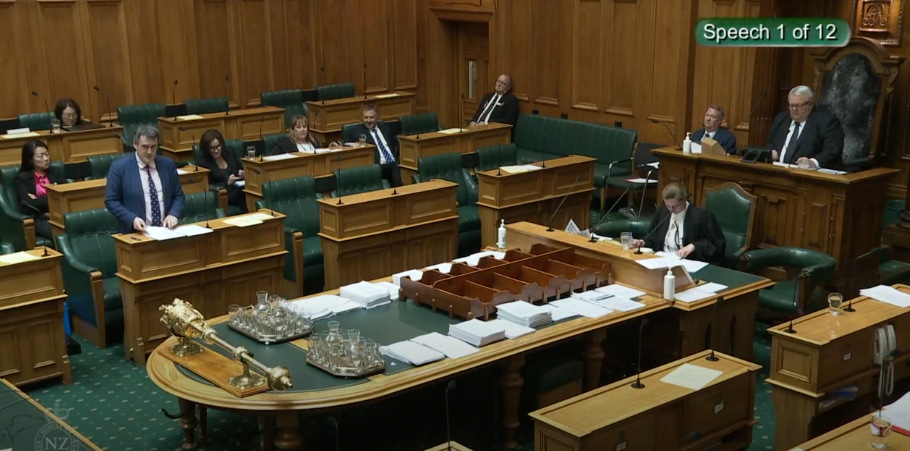
When a landlord divides a home into two separate units without proper consent, the legal consequences can be severe—even if one of those units is occupied by a family member. This case highlights the risks landlords face when they overlook the need for proper council consent, illustrating the importance of complying with building and tenancy regulations.
Case Background:
This Tenancy Tribunal order revolves around a five-bedroom home that was divided into two units without the necessary council consent.
Unit one, located downstairs, consisted of a lounge, dining area, kitchen, one bedroom, and a toilet, with access to a garage. The upper level had two bedrooms and a bathroom, occupied by the landlord’s son, forming unit two. A locked door, accessible only from unit two, allowed its occupants unrestricted access to unit one.
The tenant, living in unit one, raised concerns about the legality of the separate units, particularly because the landlord’s son lived in the second unit without a kitchen. The tenant argued that the premises were unlawful, as they were used as separate household units without the required consents.
Key points from the Tribunal order include:
- The tenant discovered from the Auckland Council that no additional consented work had been recorded on the property.
- The tenant’s investigation revealed that the separation of the units did not meet necessary standards, such as soundproofing and fire safety measures.
- A crucial point is that the landlord might have believed it was acceptable to have his son living in a smaller unit without a kitchen. However, the tribunal order underscores that even in such cases, proper consent for two household units is required to maintain legality.
Legal Authorities:
- Section 77(2)(a): This section grants the Tribunal jurisdiction over disputes related to the tenancy, providing it with the authority to resolve issues such as the lawfulness of premises.
- Section 36 RTA:
This section requires landlords to ensure there are no legal impediments to the occupation of the premises for residential purposes at the beginning of the tenancy. In this case, the lack of proper consent for the division of the property into two separate household units represents a significant legal impediment. - Section 45(1)(c):
This section outlines that landlords must comply with all requirements concerning buildings, health, and safety as they apply to the premises. The landlord’s failure to obtain the necessary consents and adhere to building codes, including fire safety and soundproofing standards, represents a breach of this obligation. - Section 114 and Section 115 Building Act 2004:
These sections of the Building Act address the change of use for consented buildings. Section 115 specifically requires that when a building is altered to include one or more household units where none existed before, the territorial authority (Auckland Council in this case) must be satisfied that the building complies with all relevant standards. The failure to obtain this consent for the division of the premises into two units rendered the occupation unlawful. - Section 78A(4):
This section empowers the Tribunal to order the landlord to repay rent if the premises are deemed unlawful. The Tribunal has the discretion to order a full refund or a partial refund based on the circumstances, including the seriousness of the regulatory breaches.
Evidence:
The evidence clearly showed that the landlord did not obtain the necessary consents to divide the home into two units. The tenant’s efforts to verify the legality of the premises with Auckland Council and a Property Manager confirmed that the separation of the units did not meet required standards. The Tribunal recognised the importance of adhering to building codes and regulations to protect tenants’ health and safety, emphasizing the public interest in ensuring lawful residential tenancies.
So, what was the outcome? And what are the key takeaways?




